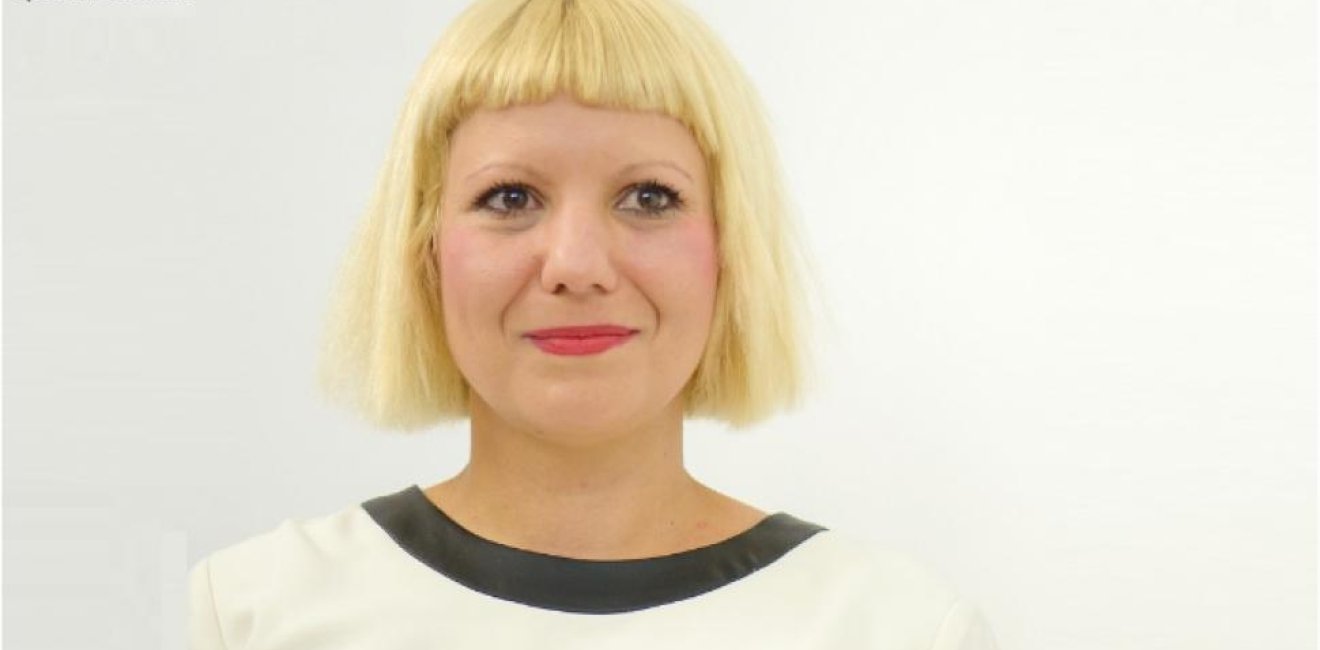 Awarded yearly by the Rațiu Family Charitable Foundation, London and the Rațiu Center for Democracy, Turda, in partnership with Woodrow Wilson International Center for Scholars, Washington, DC, the Ion Ratiu Democracy Award and Fellowship aims to support individuals around the world who are working on behalf of democracy as activists or intellectuals, whether they are in exile from repressive regimes or operating within emerging democracies.
Awarded yearly by the Rațiu Family Charitable Foundation, London and the Rațiu Center for Democracy, Turda, in partnership with Woodrow Wilson International Center for Scholars, Washington, DC, the Ion Ratiu Democracy Award and Fellowship aims to support individuals around the world who are working on behalf of democracy as activists or intellectuals, whether they are in exile from repressive regimes or operating within emerging democracies.
Camelia Bogdan is an experienced Bucharest Court of Appeals judge who specializes in countering economic crime and asset recovery. In her capacity as expert of the European Commission, she has participated in more than 40 international conferences or training sessions of the law enforcement agents, and has been invited or recommended by international institutions such as the World Bank, the European Commission, the Organization for Security and Cooperation in Europe, the European Union Intellectual Property Office (formerly known as the European Office for Harmonizing the Internal Market).
She is also associated researcher with the Centre Régional Francophone de Recherches Avancées en Sciences Humaines et Sociales de Bucarest (CEREFREA–Villa Noël), representing her fellows in the Scientific Council. The results of her academic activity include 2 monographs, one PhD thesis, two guides for the Romanian magistrates on countering money laundering and financial investigations of transnational organized crime activities, more than 100 judicial studies published in law reviews and papers presented at conferences and colloquiums. In 2009, Camelia Bogdan was awarded a PhD in Criminal Law from the Bucharest University, Faculty of Law, for her thesis titled “Countering Money Laundering of the Proceeds Derived from Organized Crime Activities, in the light of Domestic and International Regulations.” She is currently working towards a new PhD under joint supervision by Bucharest University and Strasbourg University. Her thesis title is “Asset Recovery of the Proceeds of Crime in French and Romanian Criminal Trial.” Camelia Bogdan also graduated the European College of Financial Investigations and Analysis of Financial Crimes (C.E.I.FA.C.) third training session and as a result of that, she holds an LLM from Strasbourg University for her dissertation “Judicial Investigations During Trial.”
Between December 2016 and January 2018, Camelia Bogdan has been a visiting fellow affiliated with the Institute of Advanced Legal Studies, London and the Swiss Institute of Comparative Law from Lausanne. In 2018, she received the Fulbright Senior Award for Visiting Scholars and she is currently affiliated with the Center for International Financial Crimes at the Levin College of Law, University of Florida. Her research focuses on Fostering Efficacy in the Asset Recovery of Proceeds of Transnational Corruption.
Camelia Bogdan was twice expelled from the Romanian judiciary. First, on 8 February 2017, the Judicial Section of the Superior Council of the Judiciary accused her of cumulating functions and conflict of interest. She won at the Supreme Court, but the C5 panel decided that she should be removed for 6 months at Târgu Mureș Court of Appeal, in order to serve a disciplinary sanction, beginning on 15 January, 2018. She was expelled for the second time in April 2018, allegedly because she would have infringed the principle of repartition aleatoire. Her case is currently pending at the Supreme Court.
Launched in 2005 at Georgetown University, home of the Ion Rațiu Chair of Romanian Studies, and hosted since 2006 at the Woodrow Wilson Center, the Ion Rațiu Democracy Award encourages and rewards men and women of principle, thinkers as well as activists, struggling to implement democratic values and behaviors. In 2018, the Ion Rațiu Democracy Award became known as the Ion Rațiu Democracy Fellowship.
Recipients of the Ion Rațiu Democracy Fellowship will have an opportunity to engage with the Washington policy, media and scholarly communities, but also to find time for reflection and writing on democratic activism. In this sense the IRDF will seek to replicate the type of life-changing experience that Ion Rațiu encountered as a young Romanian democracy activist in in Washington in the 1970s and 1980s. While pursuing their own projects during their time at the Wilson Center, Fellows are expected to hold public lectures on the themes of democracy and democratic activism while conducting research on a specific project.





